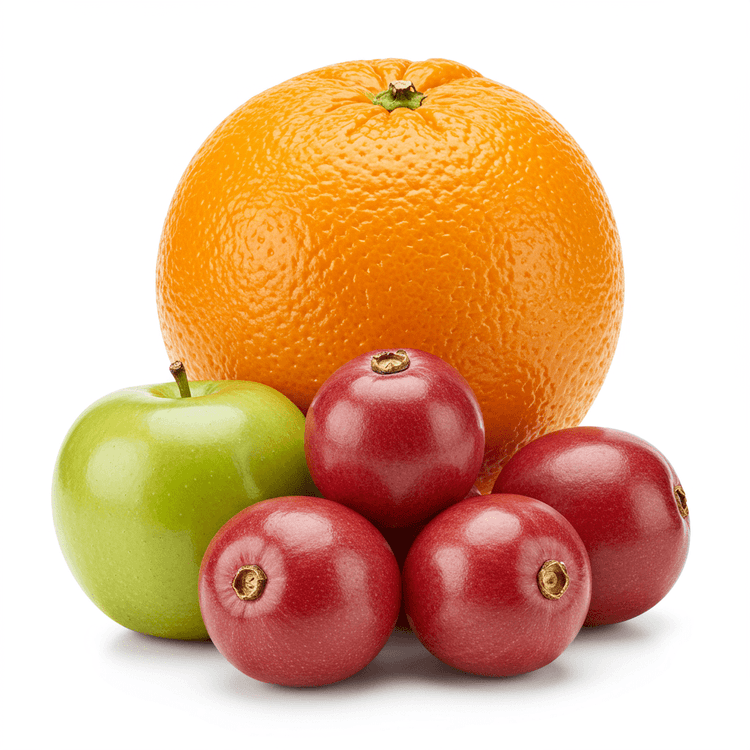
Citron
Citron is a fragrant, thick-skinned citrus fruit known for its intense aroma and unique flavor profile. Unlike other citrus fruits, citron has very little pulp and juice; its primary culinary value lies in its thick rind, which is often candied or used to make zest. The fruit itself is typically large and oblong, with a bumpy, uneven surface that ranges in color from green to yellow. The flavor of citron is less tart than lemons or limes, offering a complex citrusy taste with subtle floral and sweet notes. The candied rind is a popular ingredient in baked goods and confectionery, adding a distinct citrus flavor and chewy texture.
Common Uses
- Candied citron peel is a classic ingredient in fruitcakes, panettone, and other holiday baked goods, providing a distinctive citrusy flavor and chewy texture.
- Citron zest can be used to add a bright, aromatic citrus note to cakes, cookies, and other desserts. It also works well in savory dishes like salads and sauces.
- Citron peel can be made into marmalade or preserves, offering a unique alternative to orange or grapefruit marmalade with a less tart, more floral flavor profile.
- Pickled citron is a traditional preparation in some cuisines, providing a tangy and slightly sweet condiment to accompany savory dishes.
- Citron can be used to infuse liquors and spirits, imparting a fragrant citrus aroma and flavor to homemade liqueurs and cocktails.
Nutrition (per serving)
Nutrition (per serving)
Calories
29.0kcal (1.45%)
Protein
0.5g (1%)
Carbs
7.0g (2.55%)
Sugars
1.0g (2%)
Healthy Fat
0.0g
Unhealthy Fat
0.0g
% Daily Value based on a 2000 calorie diet
Nutrition (per serving)
Calories
29.0kcal (1.45%)
Protein
0.5g (1%)
Carbs
7.0g (2.55%)
Sugars
1.0g (2%)
Healthy Fat
0.0g
Unhealthy Fat
0.0g
% Daily Value based on a 2000 calorie diet
Health Benefits
- Excellent source of Vitamin C, boosting the immune system and fighting off infections.
- Rich in antioxidants that help protect cells from damage caused by free radicals.
- May aid in digestion due to its fiber content, promoting gut health.
- Contains compounds that may have anti-inflammatory properties, potentially reducing the risk of chronic diseases.
- Contributes to healthy skin with its high Vitamin C content, promoting collagen production.
- Can assist in detoxification processes, supporting liver function.
Substitutes
Chefadora AI is here.
Experience smarter, stress-free cooking.
Storage Tips
Citron should be stored in a cool, dry place away from direct sunlight for short-term storage (up to a week). For longer storage, wrap the citron in plastic wrap or place it in a resealable plastic bag and refrigerate it. Refrigeration can extend its shelf life to several weeks. Candied citron can be stored at room temperature in an airtight container to prevent it from drying out.
Marnirni-apinthi Building, Lot Fourteen,
North Terrace, Adelaide, South Australia, 5000
Australia

